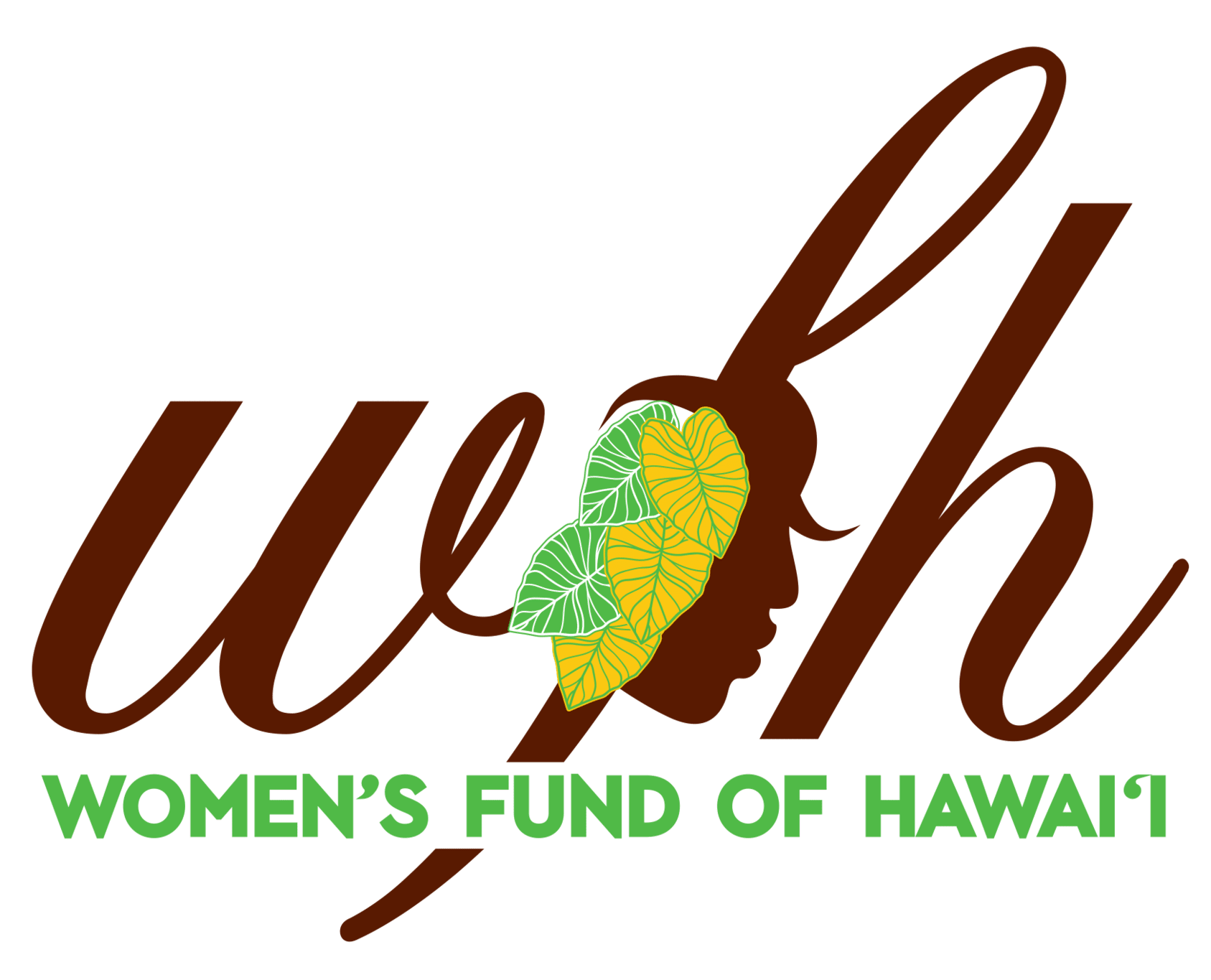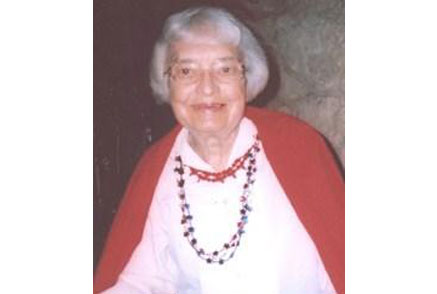In 2016, Women’s Fund of Hawaii (WFH) received an extraordinary bequest from the estate of Kay Wery. Kay was a Hawaii resident for nearly 70 years, an advocate for Native Hawaiian students, and a staunch supporter for the advancement of women and girls. Her gift is transformational for WFH and especially for Hawaii’s women and girls. We are honored to remember Kay here by sharing the biography written by her hanai daughter, Dr. Naleen N. Andrade.
Katherine Hanley Wery
July 4, 1922 – November 20, 2013
My hanai mother, Katherine Hanley Wery was an only child born and raised in Washington D.C. Her father was a factory machinist and her mother was a homemaker. Her mother had a large close knit family from Alabama with whom they kept close ties, visiting Alabama regularly to visit aunts, uncles and cousins. She was born on the Fourth of July in our nation’s capitol, surrounded by national monuments, museums, a sense of history, and the tangible evidence of institutions and leaders dedicated to achieve the American ideals of justice and freedom for all.
She was a child of The Great Depression and saw in the city and towns around her the ravages of a collapsing U.S. economy and how poverty robbed people of their livelihoods, homes, and dignity. She also experienced and learned about the good that government and civic action by caring citizens could do to help each other to move through adversity and create access and opportunity to fundamental nutrition, social needs, education and social advancement. This experiential learning during the formative years of her youth generated within her a deep-seated belief and moral responsibility that she should help improve her community and society.
She worked her way through Westhampton College for Women at the University of Virginia, graduating with top honors. She had a keen and ever-inquisitive mind. Throughout her life she was always reading—newspapers, literary magazines, and at least three books at a time, usually a biography, history, and sociopolitical or healthcare non-fiction that she would borrow from the downtown state library. One of my many treasured memories with Mama K. was her placing on the dining table articles she had cut out from the newspaper or a book with a series of tagged pages for me to read. Later, over dinner we would have a lively discussion about the readings—she was a life-long learner about the world around her and reinforced in me that same curiosity and caring.
She came to Hawaii in the late 1940s to work in the YWCA, an organization she valued and supported all her life. In Hawaii she met and married Clay Wery, the youngest member of a large Native Hawaiian-Belgian family from Kaimuki. In the early 1950s she joined the University of Hawaii-Manoa (UHM) as a specialist faculty working in student housing and eventually served as a financial aids officer/director. In 1973, during her sabbatical she conducted with Norman Piianaia the Hawaiian Students’ Research Project and produced a report titled, “Where Are the Hawaiians?” The report documented the very low numbers of Native Hawaiian students in the UH system and she dedicated much of her professional life to correcting that disparity by developing financial aid programs and scholarships (e.g., Na Pokii Scholars for graduate students) that provided support for Hawaiians to enter and remain at UH’s undergraduate and graduate programs.
My hanai mother was a marvelous example of a humble American citizen and Christian who believed that one’s civic virtue should be transformed into civic action that improves our community and society. She gave to her alma mater, her church, and a number of charities, organizations and causes that were important to her because they helped to get people through socioeconomic bad times, create opportunity and advancement, and provided healthcare, emotional and/or spiritual support that improved the wellbeing of Native Hawaiians, girls and women, the homeless, elders, and the less fortunate in our society. In her will she thoughtfully left bequests to family, friends, former students and co-workers, her church, and to the many causes, charities and organizations she believed in and supported. In this way the meaning of her life, and the life of her beloved late husband Clay, is still unfolding…

